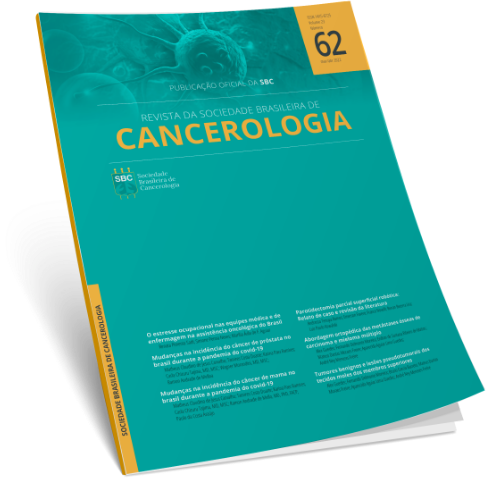Isabela Dias Marques da Cruz
Carlos Frederico Lopes Benevides
Fernando Nunes Galvão de Oliveira
Abstract:
Anal cancer treatment involves a multidisciplinary approach encompassing surgery, chemotherapy, and radiation therapy. The primary goal of treatment is to achieve disease control while preserving anal function and minimizing treatment-related toxicities. Surgery is often utilized for early-stage anal cancer, where the tumor is localized and has not spread to nearby lymph nodes. Procedures such as local excision or abdominoperineal resection may be performed to remove the tumor and surrounding tissue. In cases where the cancer has spread to nearby lymph nodes, lymph node dissection may be necessary to prevent further spread of the disease. Chemotherapy is commonly used in combination with radiation therapy for both early and advanced stages of anal cancer. Chemotherapy drugs such as 5-fluorouracil and mitomycin C are typically administered to help maximize the effectiveness of radiation treatment and target any remaining cancer cells. Radiation therapy plays a crucial role in the treatment of anal cancer by delivering high-energy radiation to the affected area to kill cancer cells and shrink tumors and external beam radiation therapy is the most common approach. Overall, the optimal treatment plan for anal cancer depends on the stage of the disease, the patient’s overall health, and individual factors. Close collaboration between oncologists, surgeons, radiation oncologists, and other healthcare professionals is essential to tailor treatment to each patient’s specific needs and optimize outcomes. Early detection and prompt intervention are critical in improving the prognosis for individuals diagnosed with anal cancer.
Key-words: anal cancer, anal carcinoma, chemoradiation, systemic treatment, radiotherapy.

